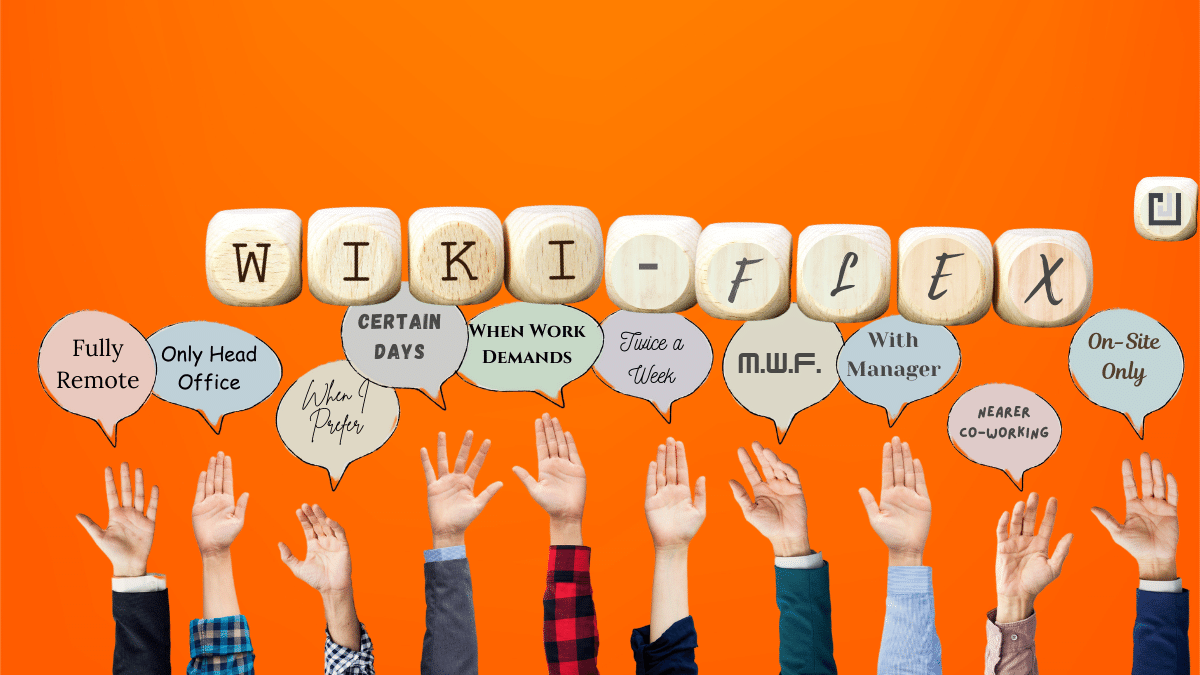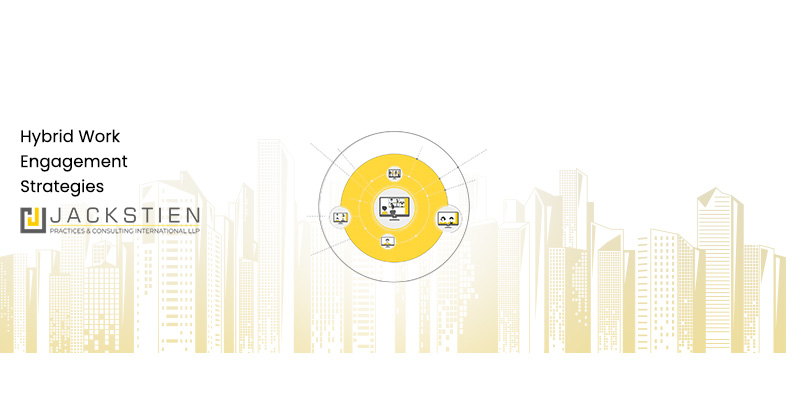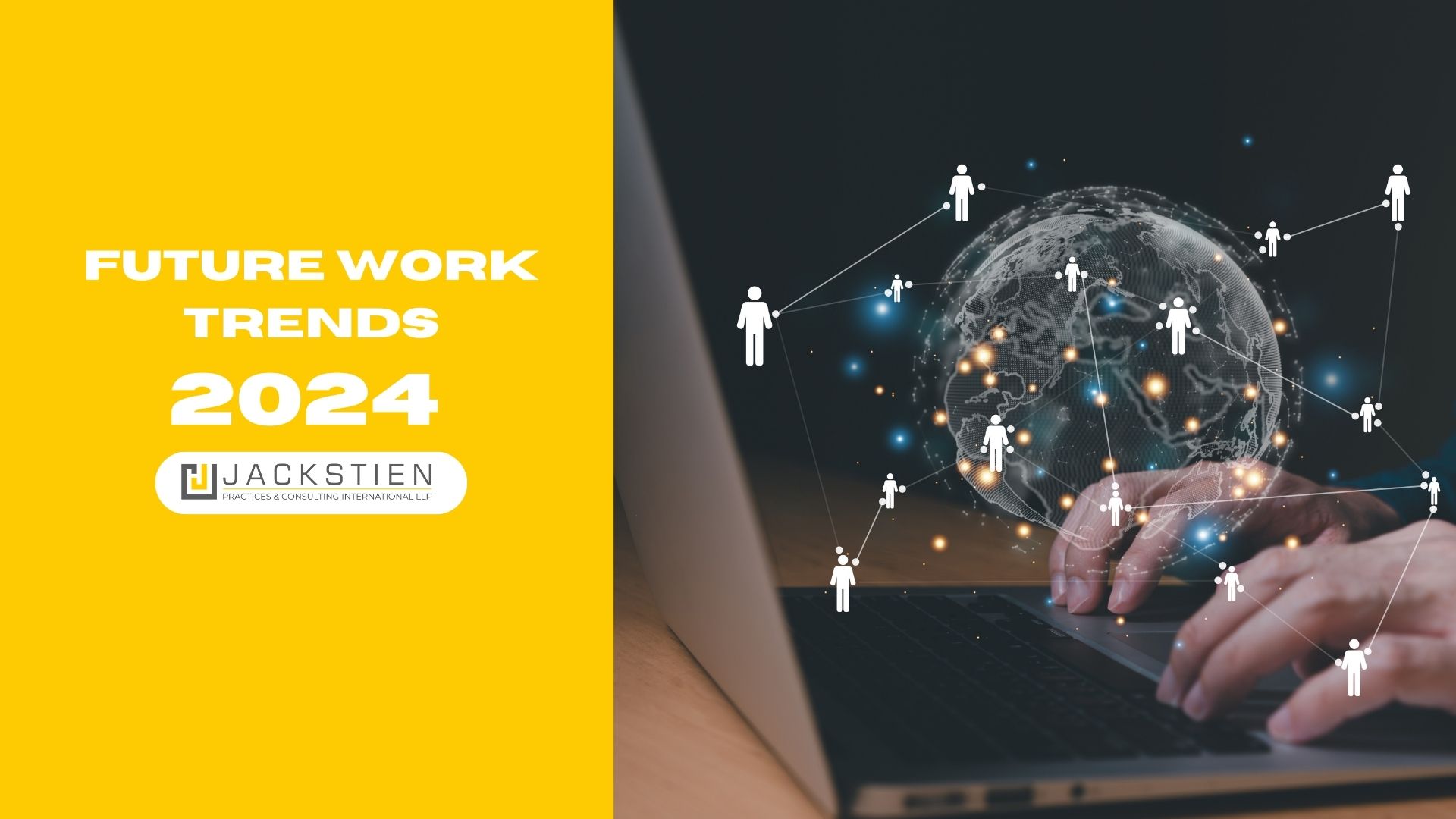The makings of a Psychologically Unsafe workplace
In the 14th century, the Italian writer and poet Dante Alighieri wrote the three-part epic poem Divine Comedy. The first part is the Inferno which describes the poet’s journey through the nine circles of Hell. It travels through the various stages of evil in order of severity. More than 700 years later, Inferno has continued to remain a piece of literature that remains compellingly influential.
Workplace well-being is a topic that can never be overdone. Owing to the pandemic, the present workforce is currently dealing with mental distress and unmet mental health needs.
A lot has been said (and done) about compensation packages, better training facilities, and adaptation to newer styles of working.
Unfortunately, psychological and emotional safety at a job whether remote work or hybrid work or on-premise work has received a minimized emphasis as compared to the attention given to physical comfort, flexibility, and growth opportunities.
The PTB have an outsize role to play in this area [PTB stands for the Powers That Be – those that have an outsize impact on your personal, emotional and financial well-being, be it your supervisor, the HoD, the CEO, the Board, the culture carriers or Human Resources.]
If Dante were to write about a Hell of a psychologically unstable and unsafe workplace, he would’ve mentioned these nine circles:
First
The first stage is a general disregard for employees’ feelings and emotions. It is a workplace that does not care about the well-being of workers and whether they feel their issues are unaddressed by the PTB. Here, firms and organizations have wellness policies on paper but there is a negligible company-wide implementation of the same. If any efforts are at all made in the direction of resolving employees’ problems, they are undirected and ineffective at best.
Second
In this stage of a psychologically unsafe workplace, the PTB indulge in casual remarks that bring an employee’s morale down. For instance, Adam’s underperformance at work is met with a “You know, Susan is the kind of worker we want in this office. All others who slack off are such a waste of the company’s resources. Had I been the CEO, I would’ve fired ninety per cent of the staff.” Instead of constructive criticism and kind feedback (that is proven to improve productivity), in this stage, managers incessantly draw comparisons between workers and make their favourites known to everyone.
Third
In the third stage, the PTB are always implying (or straightaway asking) that their employees and workers should push their boundaries and prioritize work over everything else. This may be in the form of casually asking a worker to attend a meeting on a weekend. Or burdening employees with more work than they can handle. Or telling an employee that career advancement in the company is guaranteed only when the people at the top see her unwavering passion and commitment to the job. Here, a toxic hustle culture is glorified, and anyone who makes a clear distinction between work and life is not appreciated.
Fourth
In this stage of a psychologically unsafe and unstable workplace, employees are looked at as nothing else but working machines that bring profit and revenue to the firm. Here, management is driven by profit goals to an extent that they fail to address any shortcomings in their supervision. There is zero employee engagement as well because the workplace is no longer a safe place where workers can share their problems, discuss solutions and ask for necessary health and other leaves. Any demand is immediately met with one word – ‘unreasonable.’
Fifth
In the fifth stage, a workplace has feedback sessions that are constantly feared by the employees. Here, feedback is not two-way but something that is just angrily thrown at an employee who leaves the room feeling humiliated and inadequate. There is no effort by the management to ask the employee about the reasons and issues that led to them underperforming the said month/quarter.
Sixth
The sixth stage consists of a workplace with an employer who rejects progressive ideas about workplace well-being and policies that meet the mental health needs of employees and workers in the firm. The employer is dismissive about the same and feels that it may make employees take work and their job for granted. Any suggestion made by employees in their interest is immediately looked down upon. As a result, employees feel emotionally suppressed.
Seventh
In the seventh circle of an emotionally and psychologically unsafe work environment, the firm has no clear policies for conflict between co-workers. Here, an employee may be side-lined while others keep ganging up on him. Any complaint made by the victim of bullying is not given the importance it deserves. The employee in question may end up in an inner conflict between continuing to go through mental distress in the workplace and leaving the job to end up in the risky waters of unpaid bills and job hunting.
Eighth
In the eighth stage, a workplace adapts a management and supervision style that works on inducing fear in the employees. For instance, when assigning a new project to a team of four people, the supervisor gives a ‘fair warning’ that he has been informed by top management that underperformers in the project may get fired the following month. Here, encouragement and support are non-existent and they’re replaced by ‘motivation’ that makes employees anxious and emotionally distressed.
Ninth
This is the last stage of a psychologically unsafe and menacing workplace. It is a culmination of all the previous stages combined with a lack of transparency and a looming ambiguity in the work environment. It unleashes consistent panic in the employees because they’re no longer sure if they’re in the right place, at the right job. Managers are largely unavailable when they’re needed but they’re always keen on micromanaging and monitoring. Employees resign rapidly, and the ones that stay are only here for a paycheck that looks after their bills. They continue looking for other jobs on the company’s system and WiFi.
- Authored by the People Practices Team at Jackstien Practices


